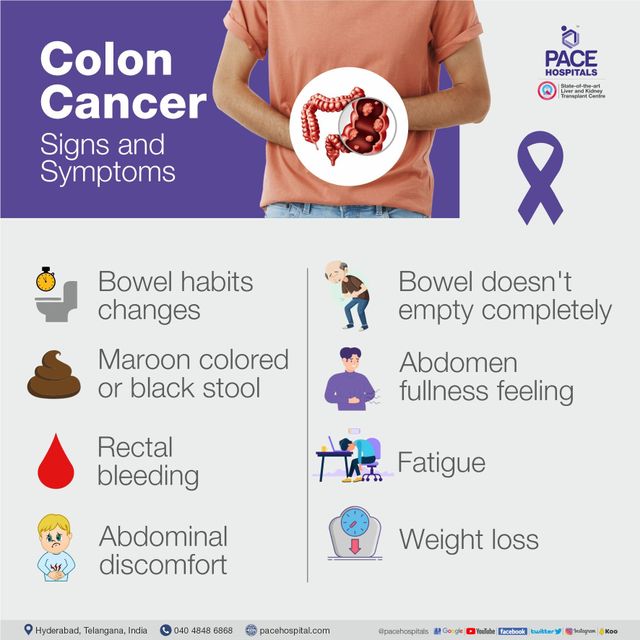
Early detection is a crucial factor in the successful treatment of any disease, and colon cancer is no exception. According to the American Cancer Society, colon cancer is the third most commonly diagnosed cancer among women. Studies show that the mortality rate for colon cancer can be significantly reduced when detected at an early stage. For this reason, it is essential for women to be aware of the potential signs and symptoms of this disease. By familiarizing themselves with such symptoms, women can take proactive steps towards early detection and potentially save their lives.
Colon cancer, also known as colorectal cancer, affects the large intestine or rectum. While its causes are not fully understood, certain risk factors increase a woman’s likelihood of developing this disease. These risk factors include age (especially for those over 50), a family history of colon cancer, inflammatory bowel disease, and a sedentary lifestyle. Understanding these risk factors can help women be more vigilant in identifying potential symptoms of colon cancer.
One common early symptom of colon cancer in women is a change in bowel habits. This may include persistent diarrhea, constipation, or a change in the consistency of bowel movements. Women should pay attention to any unexplained changes in their regular bowel patterns, as this could be an indicator of an underlying problem.
Another potential symptom is rectal bleeding or blood in the stool. While many cases of rectal bleeding may be benign, women should not dismiss any blood present in their stool. Abnormalities such as dark or black-colored stools should also be assessed by a healthcare professional. These could be signs of bleeding in the colon or rectum, indicating the need for further investigation.
Persistent abdominal discomfort, pain, or cramps are also symptoms that women should be mindful of. While these symptoms can result from various causes, if they persist for an extended period, it is advisable to consult a healthcare provider to rule out any serious underlying conditions. Individuals experiencing unexplained and frequent abdominal pain should ensure that they mention this symptom to their doctor during any consultation.
Unintended weight loss or loss of appetite is another potential symptom of colon cancer in women. If a woman notices a significant and persistent decrease in appetite coupled with unexpected weight loss, it could be a sign of a gastrointestinal issue, including colon cancer. In such cases, immediate medical consultation is recommended.
Fatigue or weakness is a common symptom experienced by many individuals suffering from colon cancer. This symptom often goes hand in hand with anemia, as colon cancer can lead to chronic blood loss. If a woman finds that she is constantly tired or weak, despite getting adequate rest, it could be due to anemia stemming from colon cancer or another underlying condition.
It is important to remember that while these symptoms can occur, they are not exclusive to colon cancer. They may be indicative of other gastrointestinal concerns, such as irritable bowel syndrome or hemorrhoids. However, it is crucial not to dismiss any of these symptoms and assume they are harmless, as early detection can significantly improve the chances of treatment success.
Women should also be aware of the benefits of regular screenings, such as colonoscopies. The American Cancer Society recommends that individuals at average risk of colon cancer should begin screening at the age of 45, while those at higher risk should start earlier. Regular screenings can detect and remove precancerous growths (polyps) before they develop into cancer. This preventive approach plays a vital role in reducing the incidence of colon cancer in women.
In conclusion, early detection matters when it comes to identifying colon cancer symptoms in women. By being aware of the potential signs and symptoms, women can take a proactive role in their health and seek medical help if required. Understanding the risk factors, being vigilant about any changes in bowel habits, paying attention to rectal bleeding or blood in the stool, and seeking medical attention for persistent abdominal pain or unexplained weight loss are crucial steps towards early detection. Regular screenings, such as colonoscopies, are also essential in detecting and preventing the development of colon cancer. By recognizing the importance of early detection, women can potentially save their lives and improve their chances of successful treatment.












